Writers and soldiers. The two don’t go together.
Soldiers are men of action. They are out in the elements. They command men. They make decisions, by which they live or die. Writers are bookish, contemplative. They live indoors and are often students of history. They command no one.
Their utterances typically vanish like smoke in the wind.
Thus not many soldiers have been good writers. Only a few come to mind. Xenophon, whose journal of his march with the Ten Thousand is still compelling. Caesar, whose genius for war and administration was matched by his trimmed prose, to this day a model of Latin after two thousand years. Rarer still is the writer whose military skills saved a nation at war. But so it was 60 years ago this June when Winston Churchill’s prose congealed the purpose of his nation and carried it through its darkest hour to eventual triumph over free nations’ foes.
This is overstating the case, of course. Churchill was more than a writer. He had the soul of a warrior, and in his youth he killed men in close combat. But he also possessed the soul of a writer. He loved words. Although a poor student at Harrow, he memorized hundreds of lines of poetry (much of which he retained with astonishing clarity throughout his life). By age 16, he realized he had a flare for crafting an English sentence.
He honed that gift as he passed through the Royal Military College, then used it to snare correspondence assignments in war zones.
From this time through the 1930s he was a soldier, politician, political strategist, combatant in the trenches of France and cabinet minister. But he was also a prolific writer. Not only did he prepare countless speeches for Parliament and political rallies, he effused volumes of history, reportage and biography. He wrote a two-volume history of his father, Lord Randolph Churchill (1905), a four-volume history of World War I, The World Crisis (1923-29), and a six-volume biography, Marlboro, His Life and Times (1933-38).
He knew history exceptionally well. He could recite the 14th chapter of Gibbon’s Decline and Fall of the Roman Empire. From his understanding of the past sprang his optimism. He was keenly aware that Britain had for centuries fought whichever power in Europe was threatening conquest of the continent—Spain in the 16th century, France from Louis IV through Napoleon, Germany in the early 20th century. He knew that Britain through much travail had always endured and prevailed. For him, it could not be otherwise in 1940.
When the conflagration broke, his notion of history and talent for words were ready. During the “Phony War” and before he was Prime Minister, it is said that by virtue of his Parliamentary speeches alone, members who listened to them realized they had found their leader in the crisis rolling over them.
Whether Churchill induced the British to their supreme effort, or merely gave voice to their swelling defiance of so foul a regime threatening to crush what Britain had stood for through the centuries is still worthy of debate. But it is doubtful whether he or anyone else could have rallied the British so well without his knowledge of history and craft of expression. Bound in paper, Churchill’s words look like prose, but those of his speeches as Prime Minister in the darkest days of 1940 have the soul of poetry.
Upon taking office: “You ask: What is our policy? I will say: It is to wage war, by sea, land and air, with all our might and with all the strength God can give us … You ask: What is our aim? I can answer in one word: It is victory, victory at all costs, victory in spite of all terror, victory however long and hard the road might be.”
And shortly after Dunkirk: “We shall not flag or fail. We shall go on to the end … we shall fight in the seas and oceans, we shall defend our island, whatever the cost may be … we shall fight in the fields and in the streets, we shall fight in the hills; we shall never surrender.”
Were ever words put to better use? Who cannot say that a writer did not save the free nations?
Brooke Stoddard
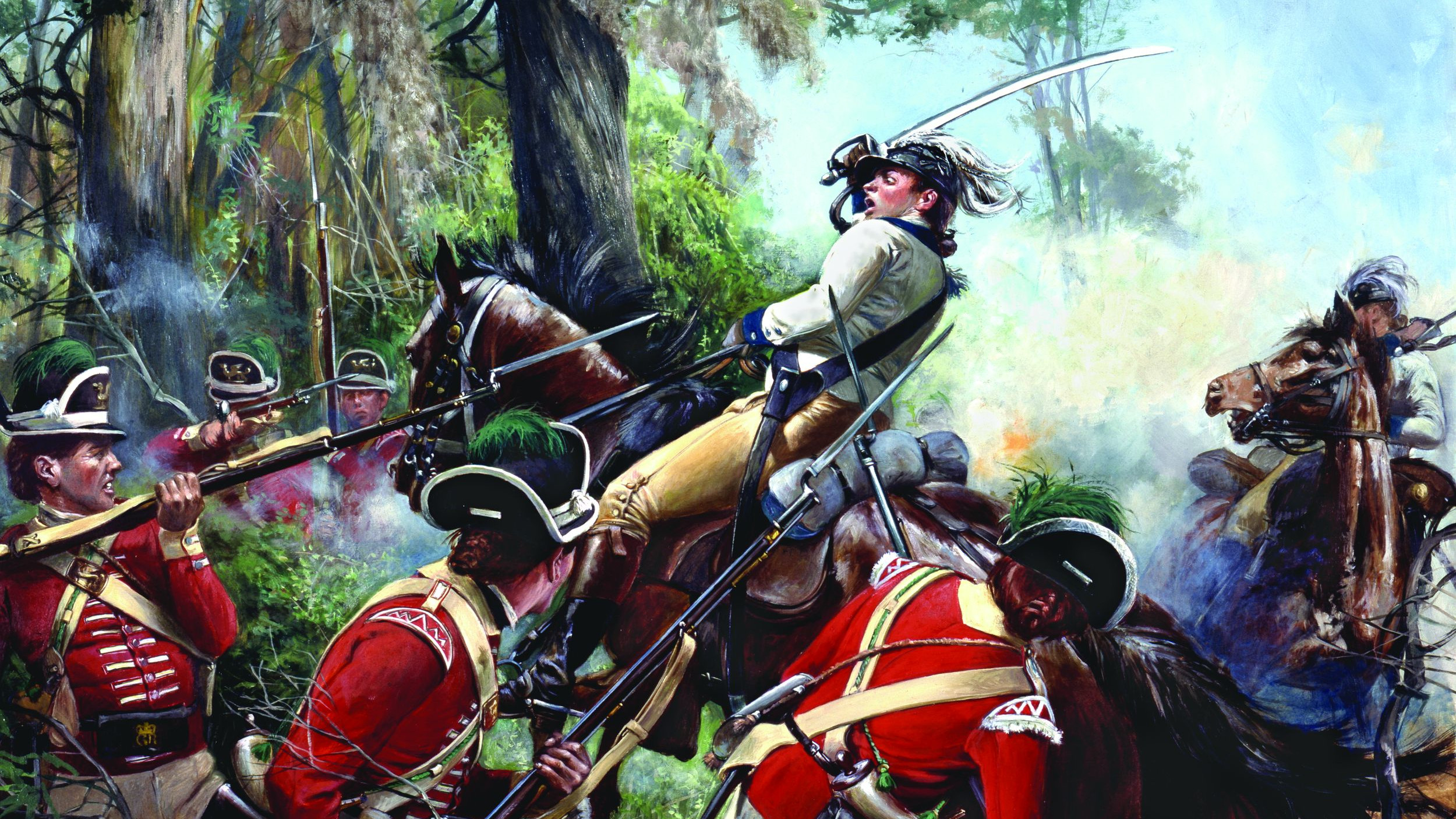
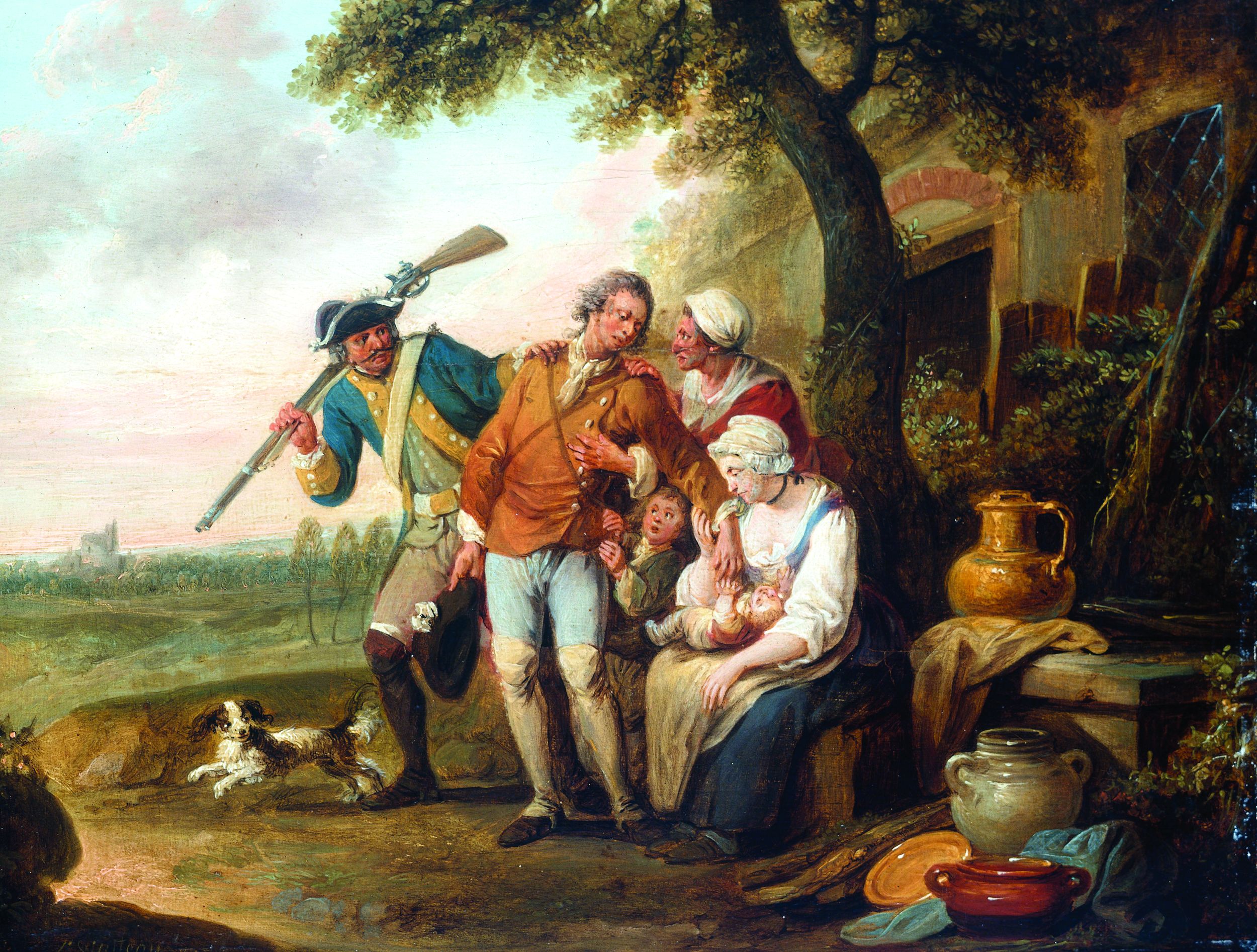
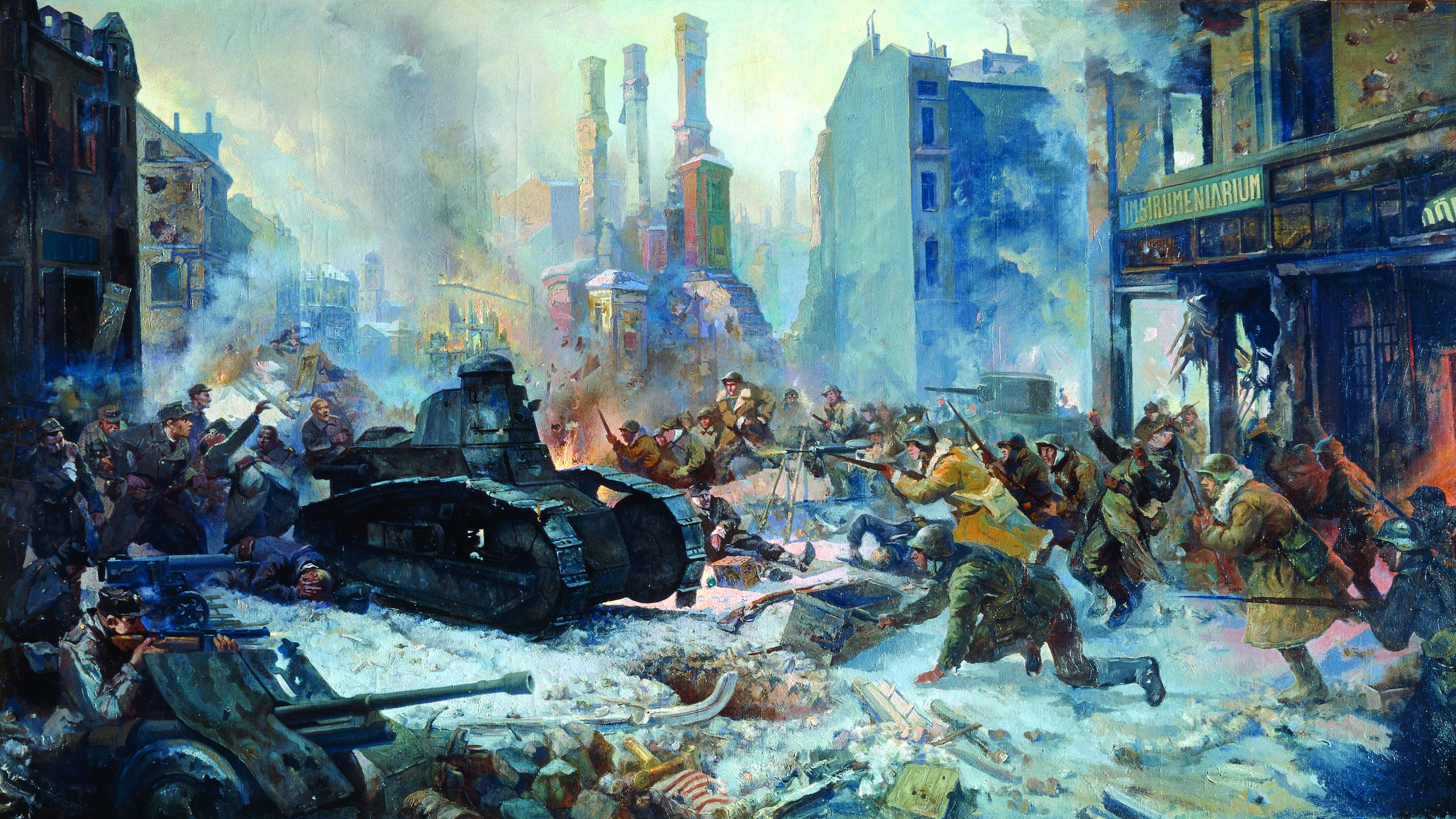
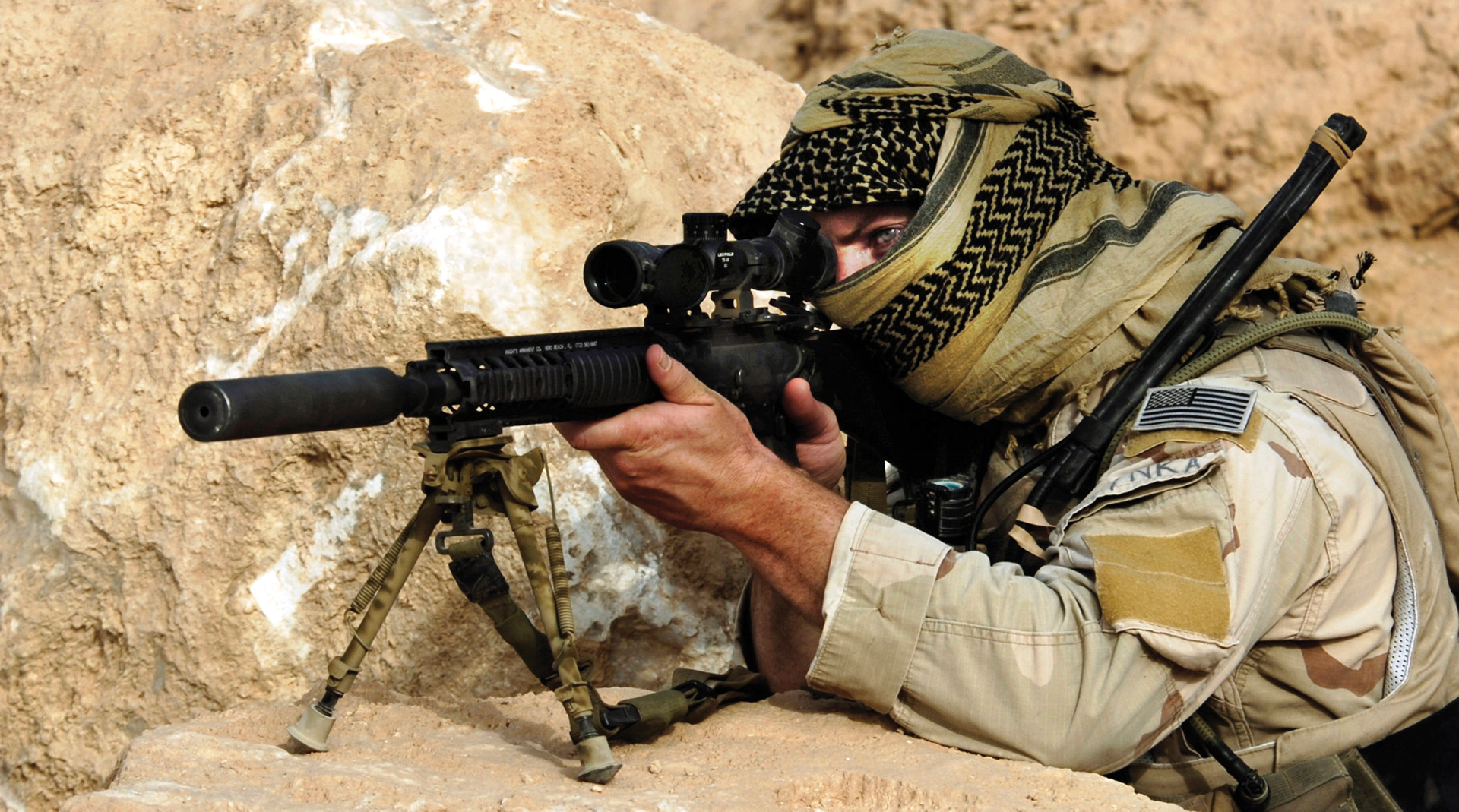
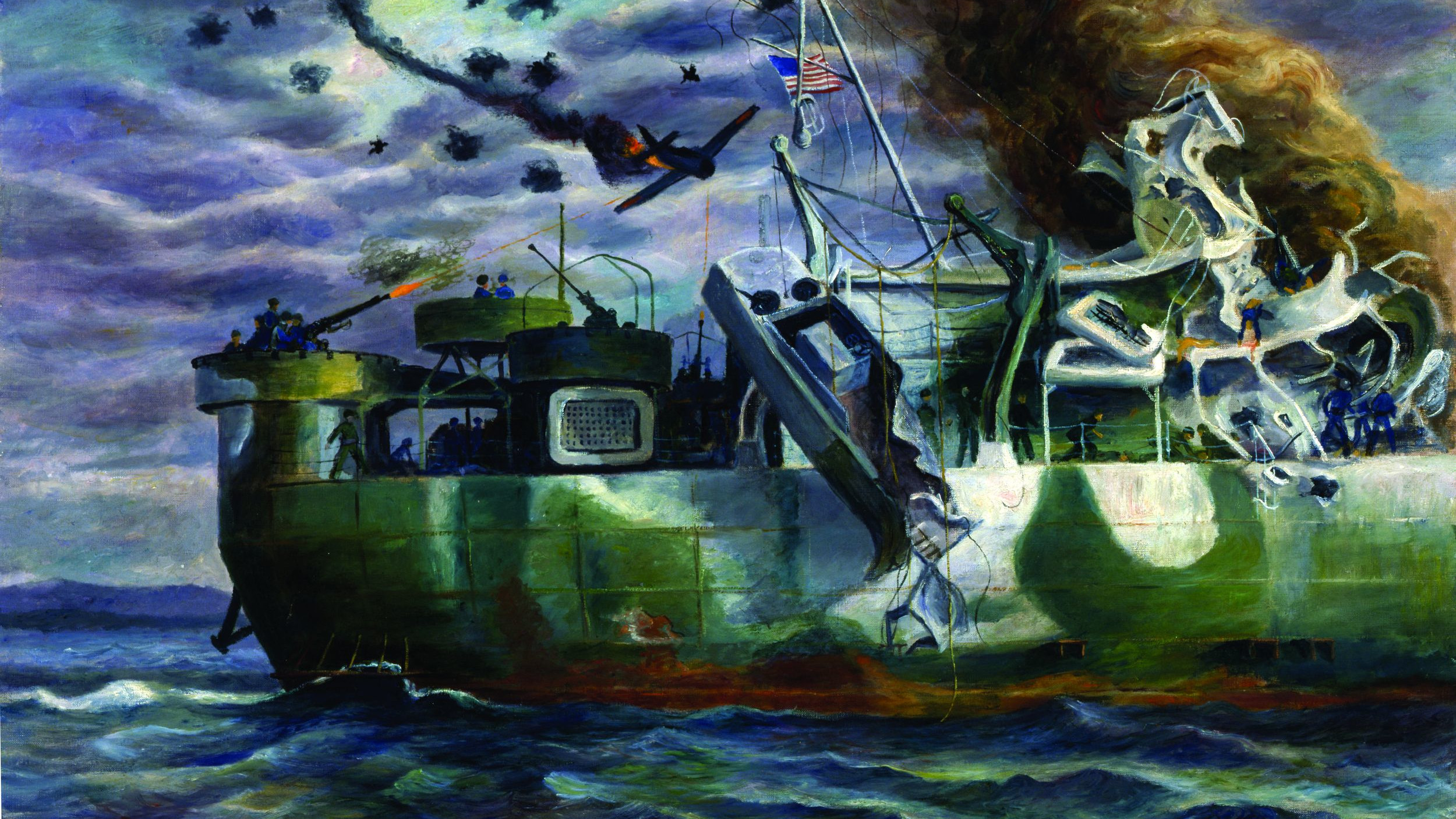
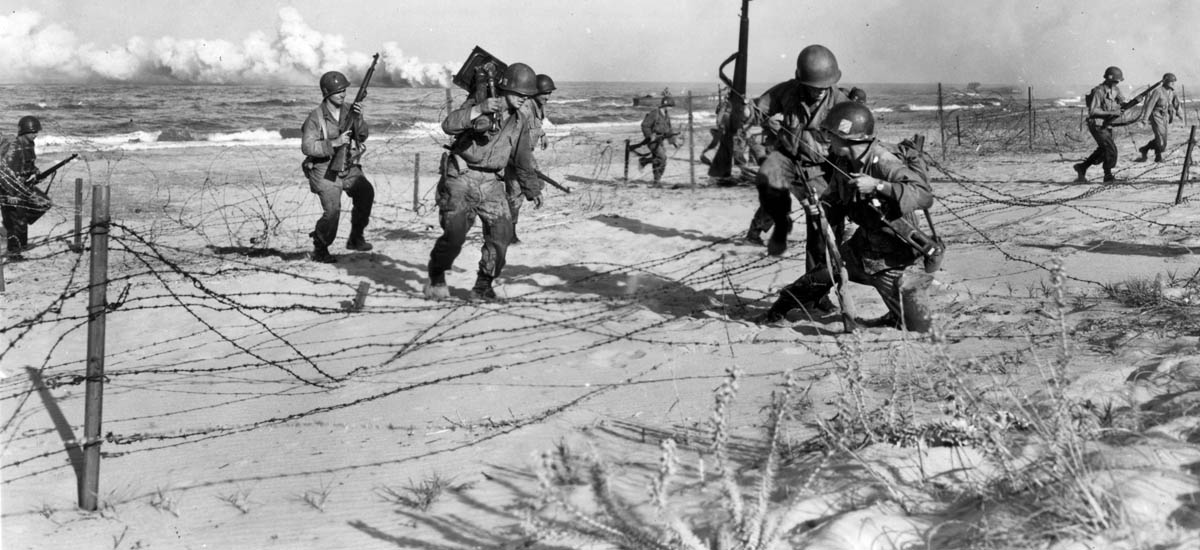
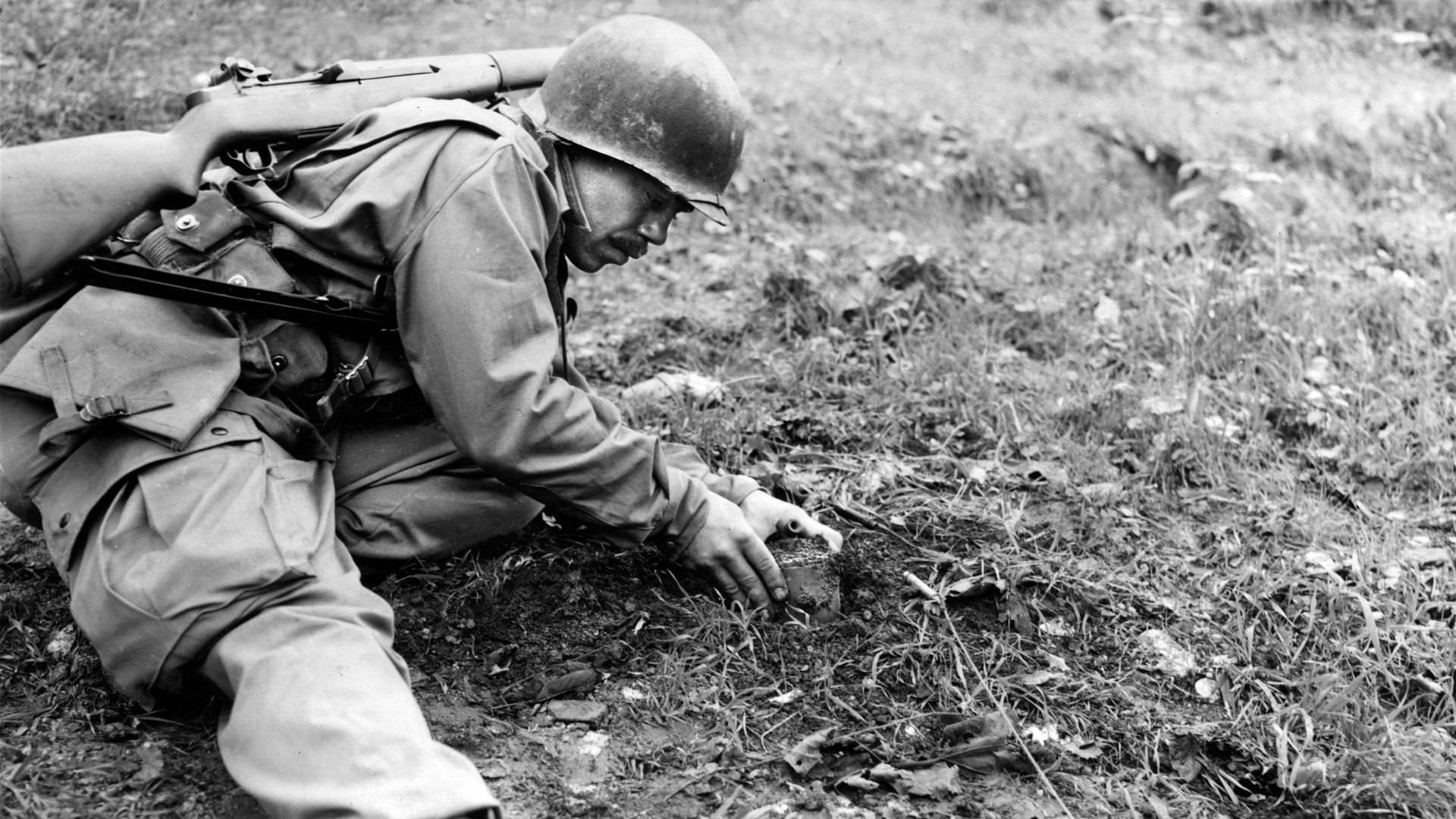
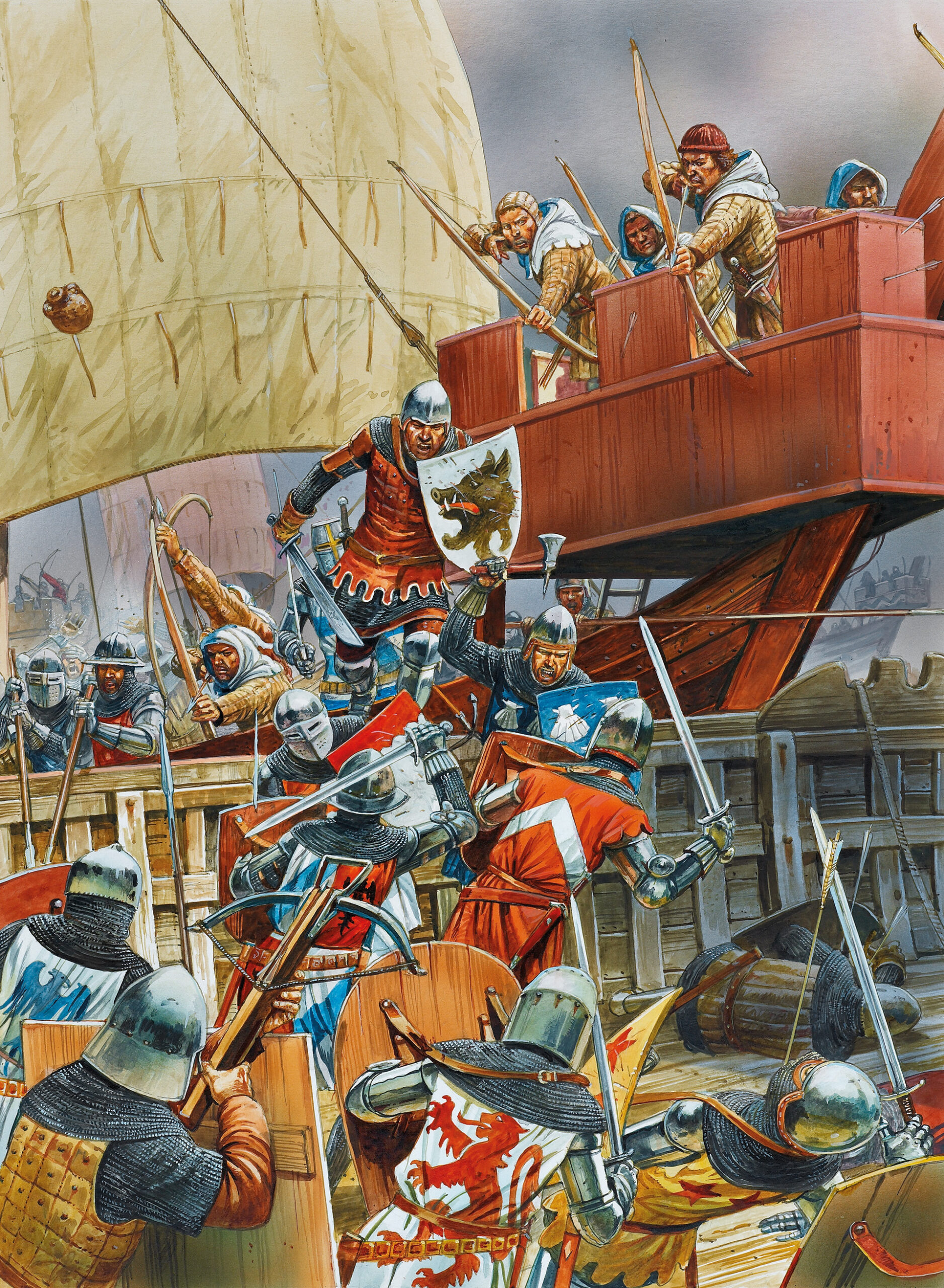
Join The Conversation
Comments
View All Comments